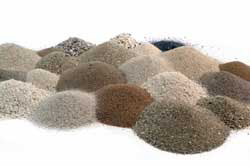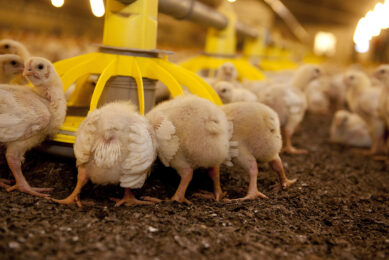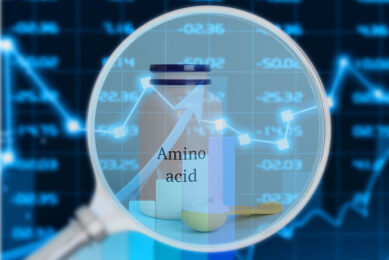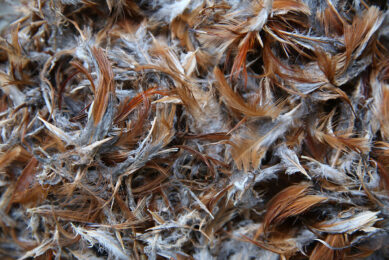Study: Organic vs inorganic mineral salts in poultry diets

Trace minerals are an essential part of poultry diets, even though the trace mineral requirements recommended by the NRC (1994) for poultry are based on very limited research work. For poultry producers, mineral salts are routinely over-formulated to ensure adequate levels are fed and requirements are met.
This practice has caused concerns regarding optimising the genetic potential of modern breeds and environmental pollution. In recent years, extensive research work has been carried out to compare organic mineral sources, such as proteinates or amino acid chelates, with inorganic forms in poultry diets. This paper reviewed the research results conducted globally to date with mineral proteinate (Bioplex, Alltech Inc, USA) including Zn, Cu, Mn and Fe. These replicated trials have used broilers, pullets and laying hens of different ages and in various practical raising conditions such as cages and floor pens.
The main findings include:
- mineral proteinate has a higher retention rate and relative bioavailability value than reagent grade inorganic salts;
- the antagonism between minerals such as Zn and Cu could be avoided by using organic forms;
- supplementing high levels of Cu or Zn as inorganic salt in poultry diets negatively affected the efficacy of phytase in the diet, which could be overcome by using mineral proteinate;
- the replacement of inorganic minerals with lower level organic forms can support the optimal performance of broilers and layers and minimise the impact of minerals on the environment.
| This is an abstract from the World’s Poultry Science Association‘s Journal. To purchase report options: |
Join 26,000+ subscribers
Subscribe to our newsletter to stay updated about all the need-to-know content in the feed sector, three times a week. Beheer
Beheer









 WP Admin
WP Admin  Bewerk bericht
Bewerk bericht